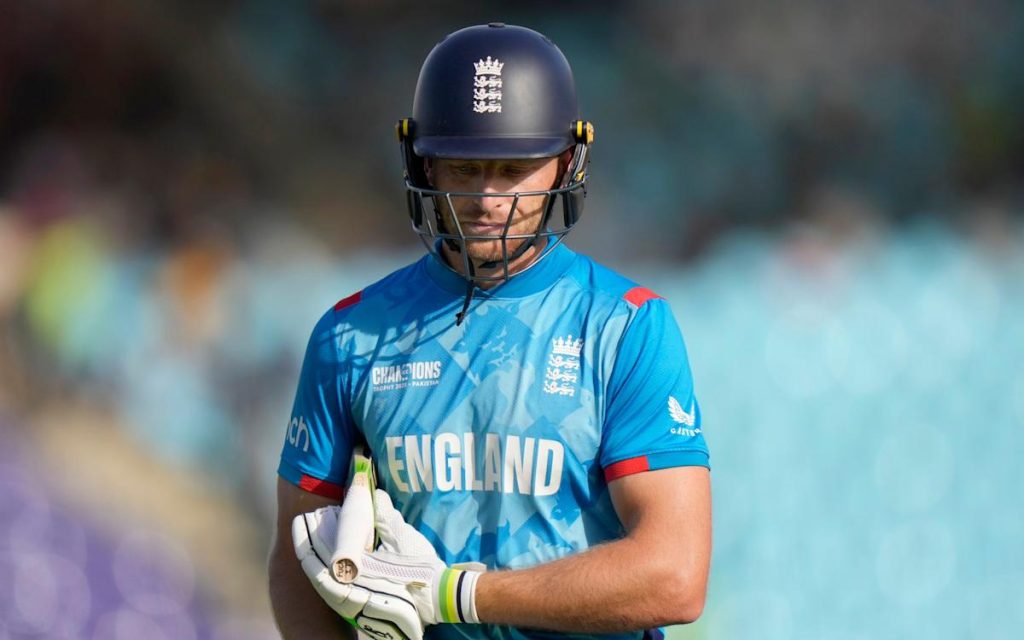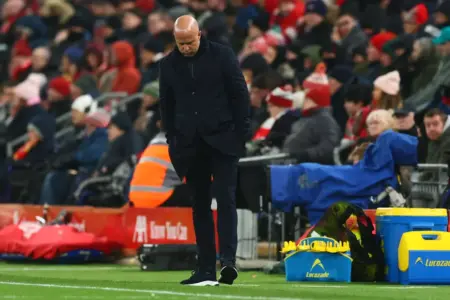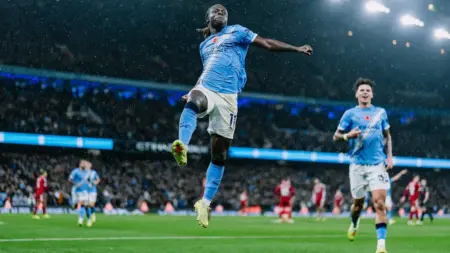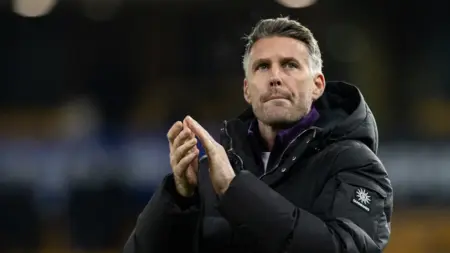A Career Defined by Triumphs and Struggles
Jos Buttler, one of England’s most celebrated white-ball batsmen, bid farewell to his captaincy in a rather somber manner on Saturday, trudging off the field after being dismissed for 21 in England’s final match against South Africa. This defeat marked another disappointing global tournament for England under his leadership, leaving them at the bottom of their Champions Trophy group. Despite his undeniable talent and the financial success he has achieved, particularly in the Indian Premier League (IPL), the conclusion is that Buttler’s leadership has not translated into the professional fulfillment expected of such a gifted player. Only Virat Kohli has more IPL centuries than Buttler’s seven, and his exceptional average of 38 in the competition is a testament to his skill and consistency. However, the recent string of poor performances in international tournaments paints a different picture, with England’s failure to make a significant impact in three consecutive major events under his captaincy.
From Somerset to Superstars
The quaint village of Wedmore in Somerset seems an unlikely birthplace for a cricketer who has amassed almost 20,000 white-ball runs. Yet, Buttler’s early exposure to sports, particularly tennis, played a crucial role in shaping his athletic prowess. From a very young age, his mother would take him to the local tennis club, where he would practice with a miniature racket while she played. This early engagement in a fast-paced, precision-focused sport undoubtedly honed his hand-eye coordination and reflexes. football was his first love, but he quickly realized the solitary nature of tennis did not suit him. Cricket, with its team dynamics and diverse skill requirements, became his perfect fit. The family’s outdoor cricket setup, complete with a terrace and lights, allowed him and his older brother to play late into the evening, regardless of the weather. This early dedication and the unique blend of cricket and tennis techniques he developed set the stage for his future success.
The Multifaceted Talent
Buttler’s natural talent was evident across multiple facets of the game. At Somerset, he was so gifted that he opened the bowling for the Under-15 team, playing alongside future England spinner Jack Leach. However, it was his batting that truly set him apart. Winning a cricket scholarship to King’s Taunton, he spent countless hours in the nets, refining his technique. His innovative approach to batting, which included hitting the ball to any boundary along the ground or in the air, was groundbreaking and often compared to Kevin Pietersen’s revolutionary style. Buttler’s ability to adapt and innovate made him a valuable asset to any team, and his early success in domestic cricket soon caught the attention of the national selectors.
The Transition to Leadership
Under Eoin Morgan’s captaincy, Buttler naturally transitioned into the role of vice-captain. His partnership with Ben Stokes in the 2019 World Cup final at Lord’s was a defining moment in his career, driving England to a thrilling victory and memorably completing the run-out of the final ball in the super over. This moment, where he reached to his right to take Jason Roy’s throw, is etched in the annals of cricket history. The pressure of that moment—had he dropped or fumbled it?—was a testament to his resilience and skill under extreme conditions. When Buttler took over as captain, he inherited a team that was largely shaped by Morgan. He carried forward the momentum, leading England to the T20 World Cup title in 2022. However, the challenges of rebuilding and defining his own role in the team proved to be daunting tasks.
The Uncertain Role
One of the most significant issues Buttler faced as ODI captain was his indecision about his own role. Unlike Morgan, who was a fixed presence at No. 4, Buttler continued to oscillate up and down the order. This uncertainty hindered his ability to set a consistent game plan and often left the team guessing. His unselfish decision to let Phil Salt open and Jamie Smith bat at three, while commendable, came at a cost. Both players lacked substantial ODI experience, and England’s Champions Trophy campaign suffered because of it. The team’s best-ever white-ball batsman needed to find a clear and decisive role to lead effectively, but this eluded him, contributing to his mixed record as ODI captain, with only 18 wins out of 45 matches.
The IPL Phenomenon
Despite his struggles in international leadership, Buttler’s career has been marked by significant financial success in the IPL. As a key player for Rajasthan Royals, he has not only scored more IPL centuries than any other non-Indian player but has also achieved a remarkable average. The IPL has provided him with a platform to showcase his skills, earn millions of dollars, and gain lasting memories. However, the recent tournaments have seen a decline in his performance, reflecting the challenges of balancing his commitments between the IPL and international cricket. While the financial inducements of T10 and T20 franchise tournaments might tempt him to focus more on these formats, Buttler remains a pivotal member of the England squad, poised to re-emerge refreshed for the 2027 50-over World Cup. His legacy, however, is a complex mix of high achievements and unfulfilled potential, particularly in Test cricket and international white-ball leadership.











